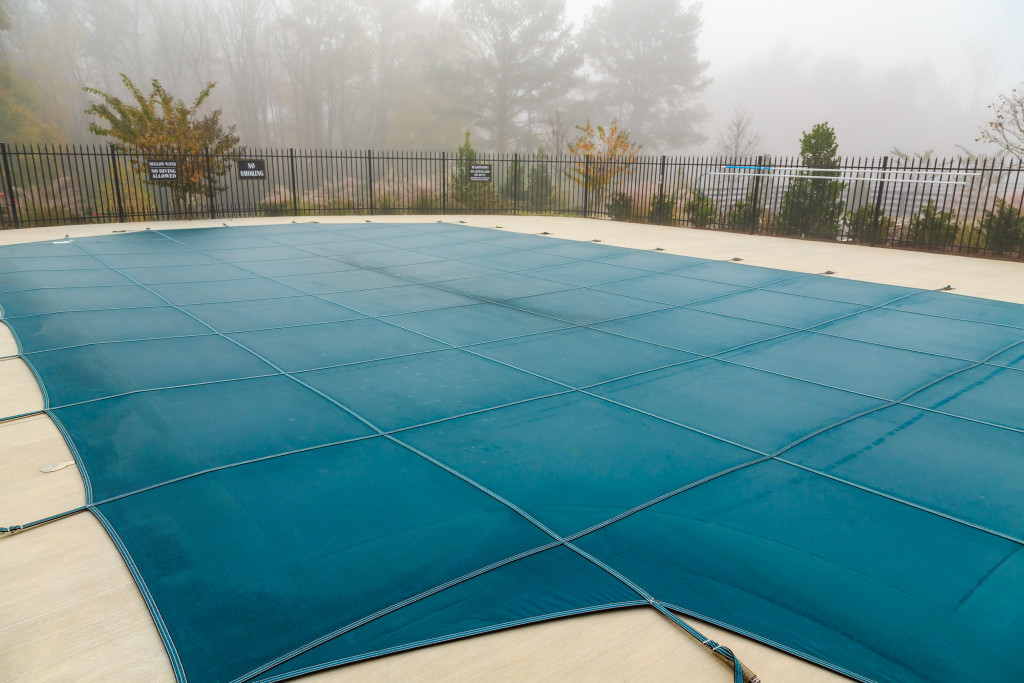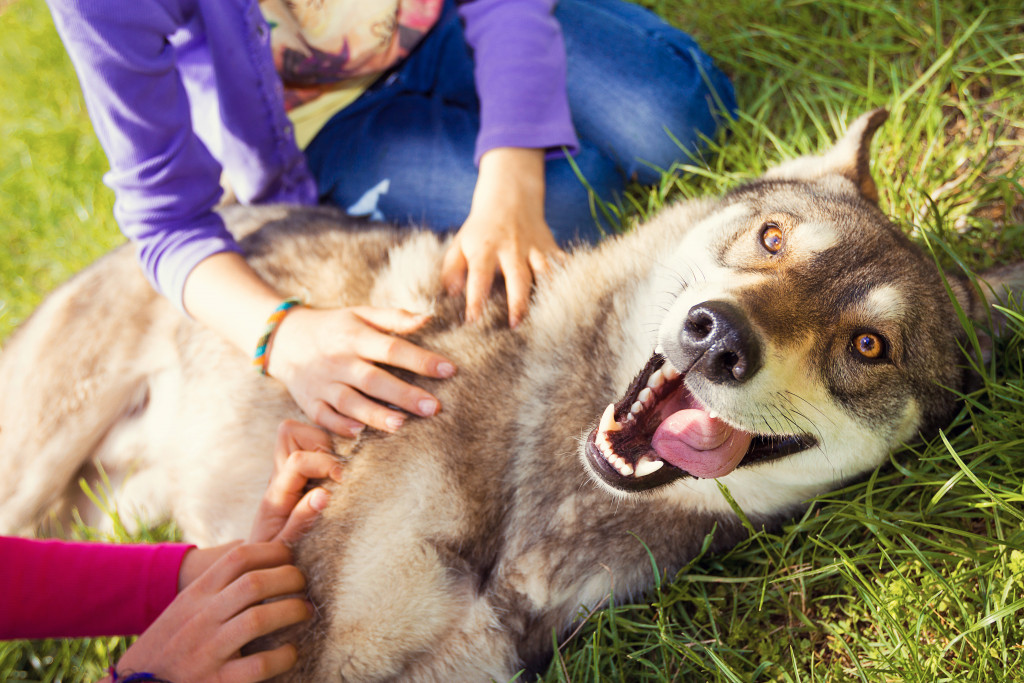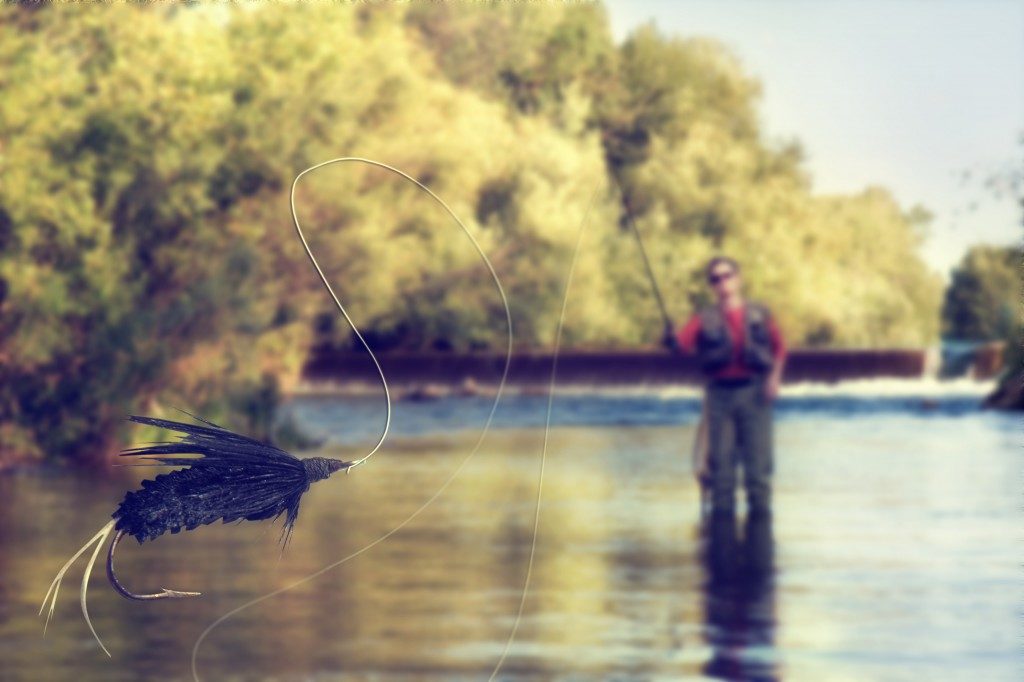Pets are members of the family. We love them and want to ensure their safety, so it’s essential to ensure your backyard is pet-friendly. Playing outside is crucial for your pet’s health, but there are a few things you can do to make sure your backyard is as safe as possible. Here are some simple ways to make your backyard safer for your pets.
1. Keep dangerous plants out of reach.
Some common household plants can be toxic to animals if ingested. If you have any plants in your backyard, ensure they’re out of your pet’s reach. If you’re unsure which plants are poisonous, ask your veterinarian or do some research. Some common toxic plants include:
– Lilies
– Daffodils
– Tulips
– Chrysanthemums
– Sago palms
– Begonia
Some plants, like lilies, can be toxic even if your pet just brushes against them. Others, like sago palms, can be deadly if ingested. You can find a comprehensive list of poisonous plants on the ASPCA website.
Other plants will have thorns, like roses, or sharp edges, like cacti. These can cause injuries if your pet brushes up against them. If you have any of these plants in your backyard, ensure they’re out of reach or well-protected so your pet can’t get to them.
2. Keep your pool area safe.
If you have a pool, ensure it’s fenced so your pet can’t get to it. Dogs are excellent swimmers, but they can still drown. Even if your pet knows how to swim, they may not be able to get out of the pool if they fall in. A fence will prevent this from happening.
You should also keep pool chemicals out of reach. Cleaning products, like chlorine, can be toxic if ingested. Store them in a shed or garage so your pet can’t get to them. You can also buy child-proof locks to put on cabinets where you store pool chemicals.
Loose pool covers can be dangerous for pets. If you have a pool cover, ensure it’s tight and secure so your pet can’t get underneath it. You should also remove any toys or floating devices from the pool area, so your pet isn’t tempted to go near the water.

3. Let the sunlight in.
Pets need sunlight to generate vitamin D, but too much sun can be harmful. Ensure your pet has access to shade so they can get out of the sun when needed. You can provide shade by planting trees or installing shade sails. These structures will also offer some protection from the rain.
Additionally, you can buy pet-safe sunscreen to apply to your animal’s exposed skin. This will help prevent sunburn and skin cancer. Some sunscreens are specifically designed for pets, but you can also use baby sunscreen. Just be sure to avoid sunscreens that contain zinc oxide, as this can be toxic to animals. Ask your veterinarian for recommendations.
4. Keep your garbage cans covered.
Garbage cans are full of potential hazards for pets. Sharp objects, like broken glass, can cut them. Toxic chemicals can also leach into the ground and contaminate the soil. If your pet ingests these chemicals, they could get sick.
Ensure all your garbage cans have tight-fitting lids to keep your pet safe. You can also buy animal-proof garbage cans with locking lids. This will prevent your pet from getting into the trash and getting hurt. You can also keep your garbage cans inside a shed or garage so your pet can’t get to them.
5. Use pet-safe pesticides and fertilizers.
Many common pesticides and fertilizers can be toxic to animals. Some chemicals in these products can cause skin irritation, while others can be deadly if ingested. If you use these products in your backyard, ensure they’re pet-safe. You can buy pet-safe pesticides and fertilizers at most hardware stores.
When using these products, always follow the instructions on the label. Apply them in well-ventilated areas and keep your pet away from the area until the product has dried. If you’re unsure which products are safe to use, ask your veterinarian or a professional landscaper.
You should also avoid using salt to melt ice on your sidewalk or driveway. Salt can irritate your pet’s paws and cause them to drink more water. If your pet ingests too much salt, it could be harmful. Use pet-safe ice melts instead.
Following these simple tips can make your backyard safer for your pets. Taking some precautions can help prevent accidents and keep your furry friends healthy and happy. Always consult your veterinarian if you have any questions or concerns about your pet’s safety, and have a great time enjoying the outdoors with your four-legged friend.



